Country Club Day Controversy
In Aspen High School’s two past homecoming spirit weeks, we have had two different events to celebrate, Country Club Day and Twin Day. Although on the surface they seemed to be a fun idea, both practiced exclusion in different ways. On Wednesday, October 8th, students chose whether or not they wanted to dress accordingly, and participate in Country Club Day. While the majority of students were seen wearing polo shirts, khakis, and sweaters wrapped around their shoulders, others chose to either not participate at all, or to dress as twins signifying their fondness for the former Twin Day. AHS Seniors Chapin Newhard and Ryan Fitzgerald dressed in matching outfits consisting of black tights and shorts, matching headbands, and shirts that read “RIP Twin Day.”
When comparing Country Club Day to Twin Day, one ironic similarity immediately comes to mind. Country clubs are traditionally known as places of exclusion. In general, only the rich and privileged are invited or allowed into country clubs. In fact, country clubs are often seen (by members) as a symbol of inclusion, and therefore, a symbol of exclusion for most. However, to participate in Country Club Day in school, all a student has to do is dress in country club character, so no student who wishes to participate should be excluded. On the other hand, Twin Day, although seemingly innocent and benign, creates an environment that facilitates actual exclusion.
For Twin Day, students would scramble to find someone with whom to “twin.” Although Twin Day was fun and fulfilling for some, many students were upset after the activity.
“I liked Country Club Day much better than Twin Day. I feel that it united our school and there were no clicks. No one was left out,” said AHS sophomore Olivia Bond.
Many different scenarios occurred where children felt excluded. For example, when child A asks child B to partner up with them, and child B says no because they have already picked child C, child A is excluded, and possibly hurt. Many students ended up without the twin they originally wanted, and some students ended up with no one at all.
Twin Day encouraged the idea that it was okay to accept some people and deny others. The irony is that in transitioning out of an event day that facilitated denying and excluding people, we transitioned into an event day that doesn’t actually exclude people, but symbolizes exclusion, perhaps even more.
I feel that next year, we should embrace an event day that accepts everyone and encourages inclusion for all. Professions day, animal day, dress as your favorite activity day, the possibilities are endless. We, as a school, should focus our efforts on creating a day that is not only fun, but represents us all in a positive light.

Jordana Rothberg is the current News Editor for the Skier Scribbler. She was born in Aspen, Colorado, and will be graduating with the class of 2017. This...

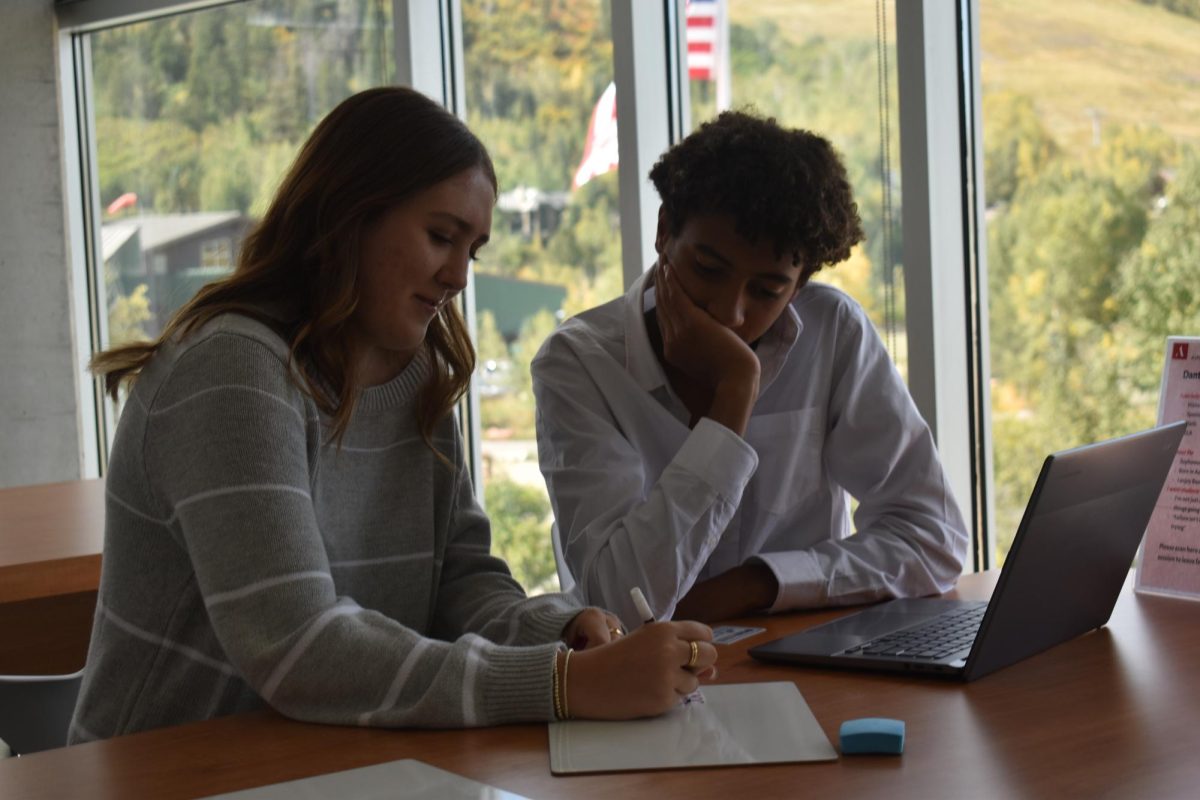

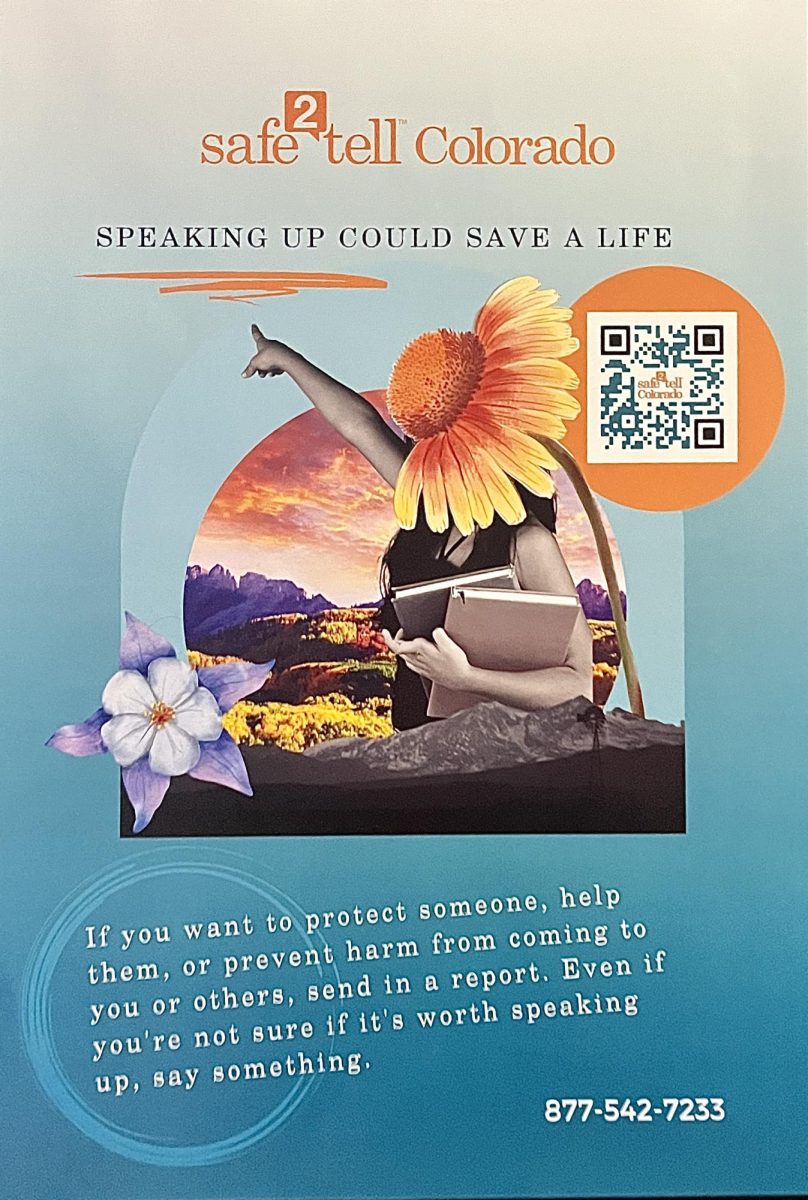

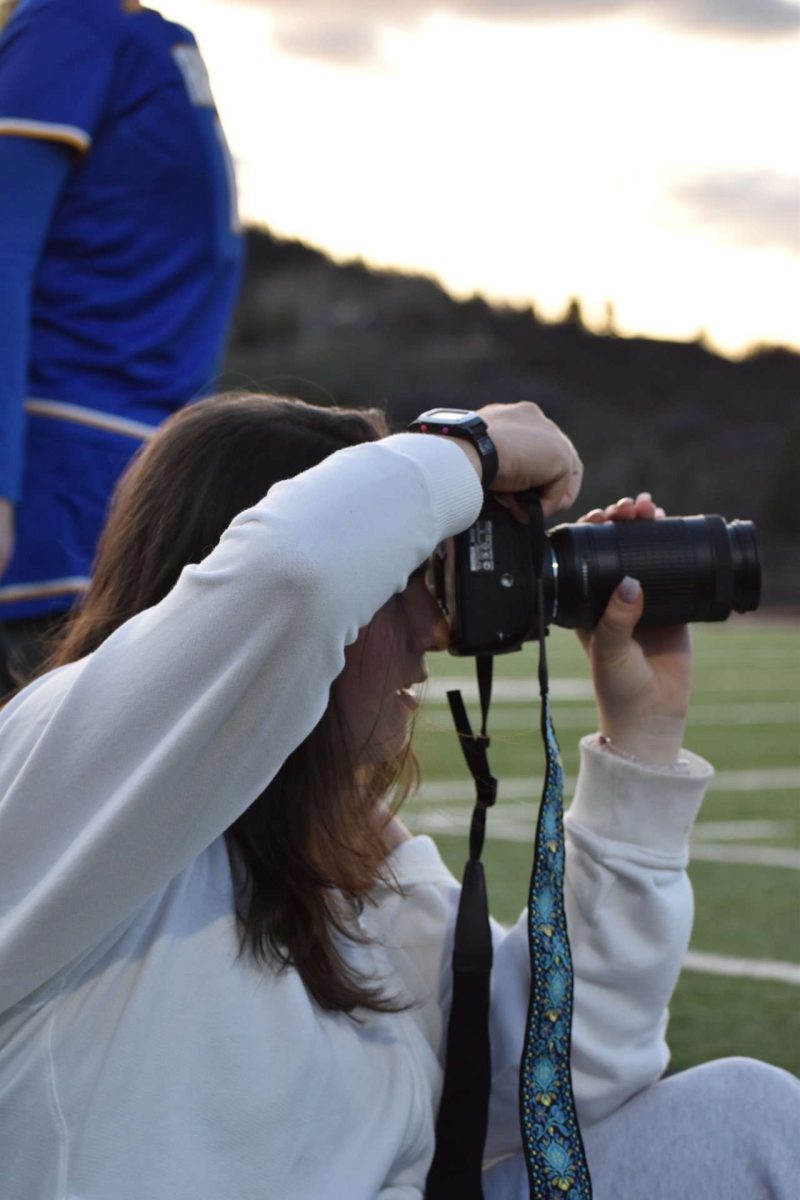


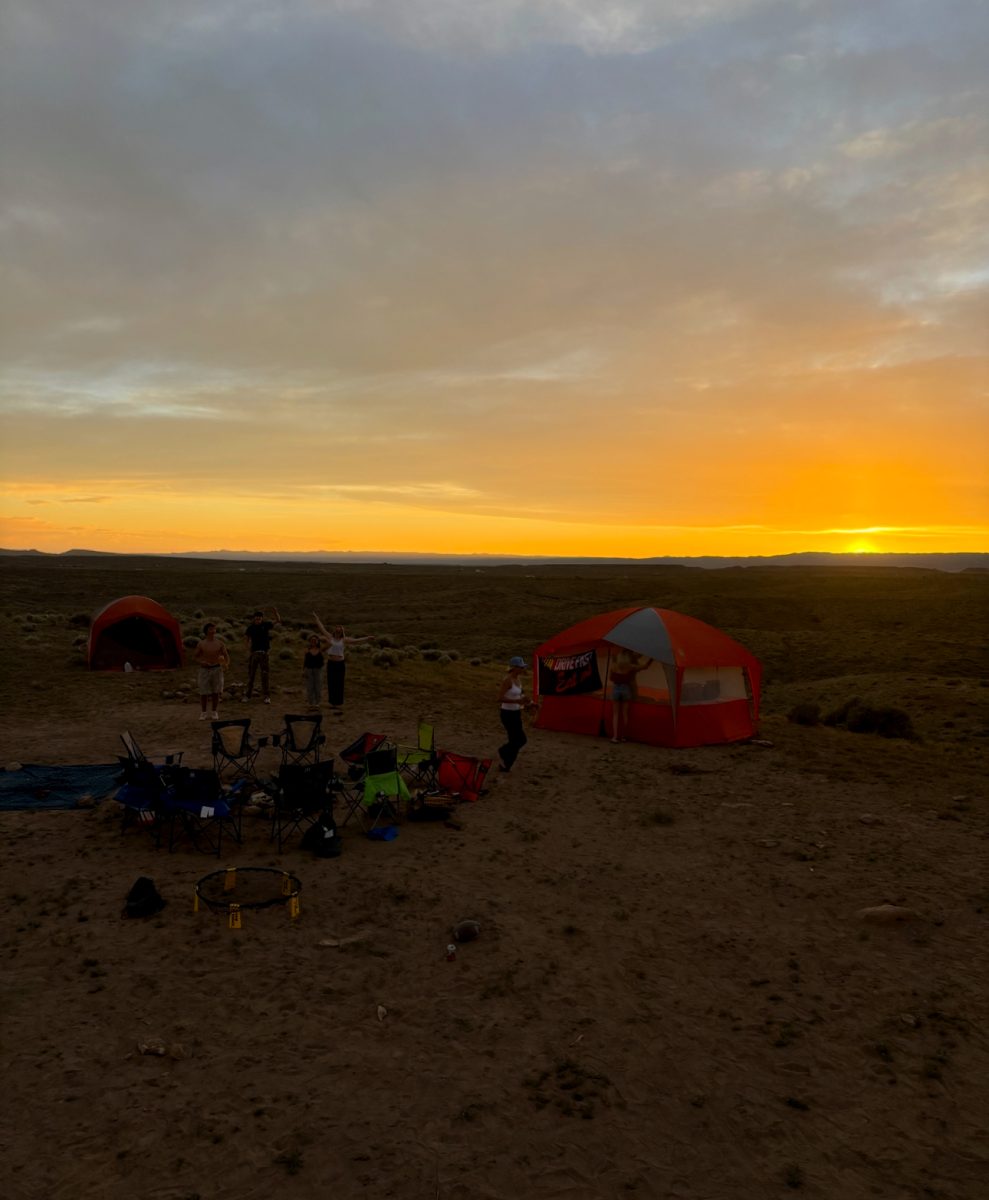

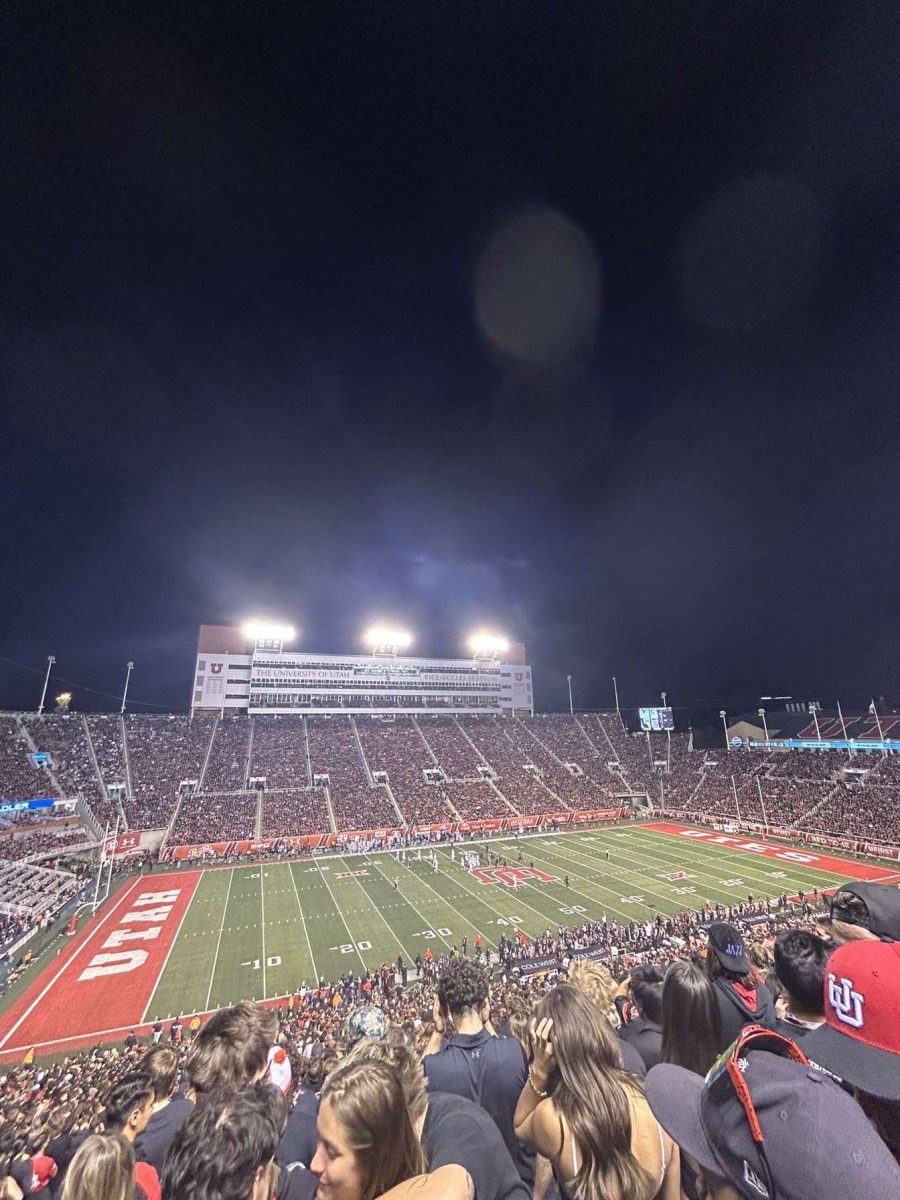
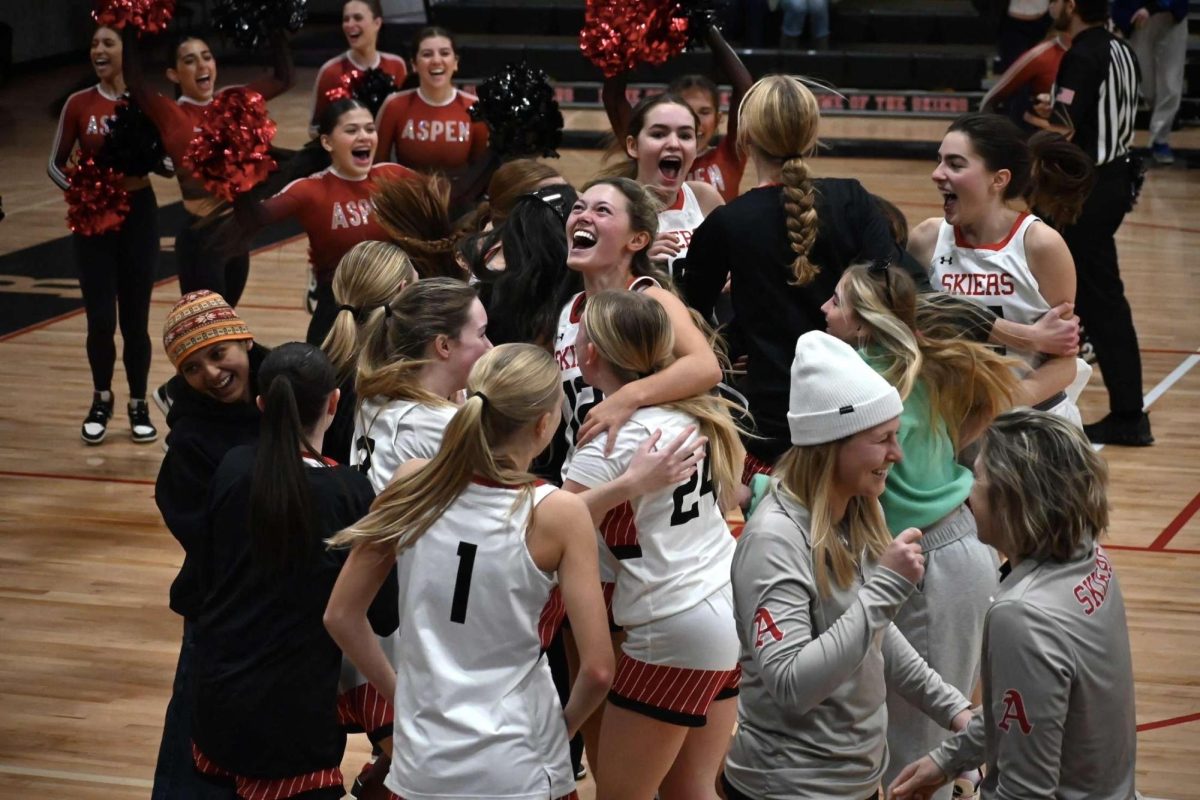
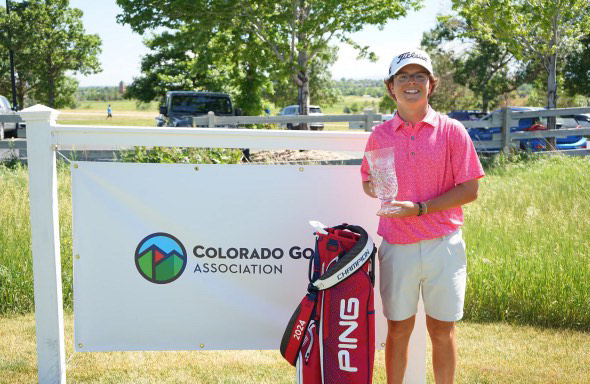
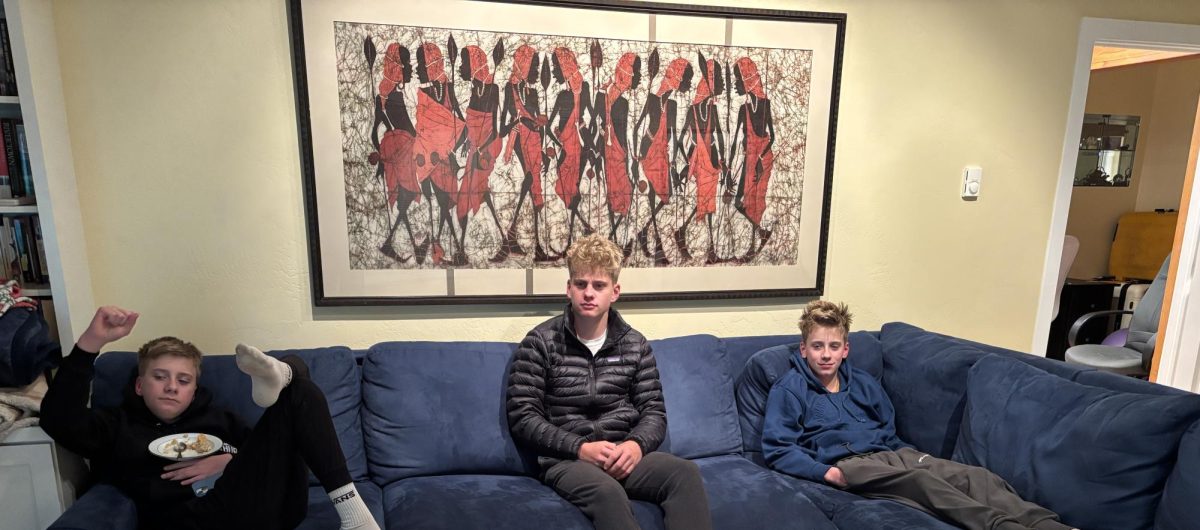



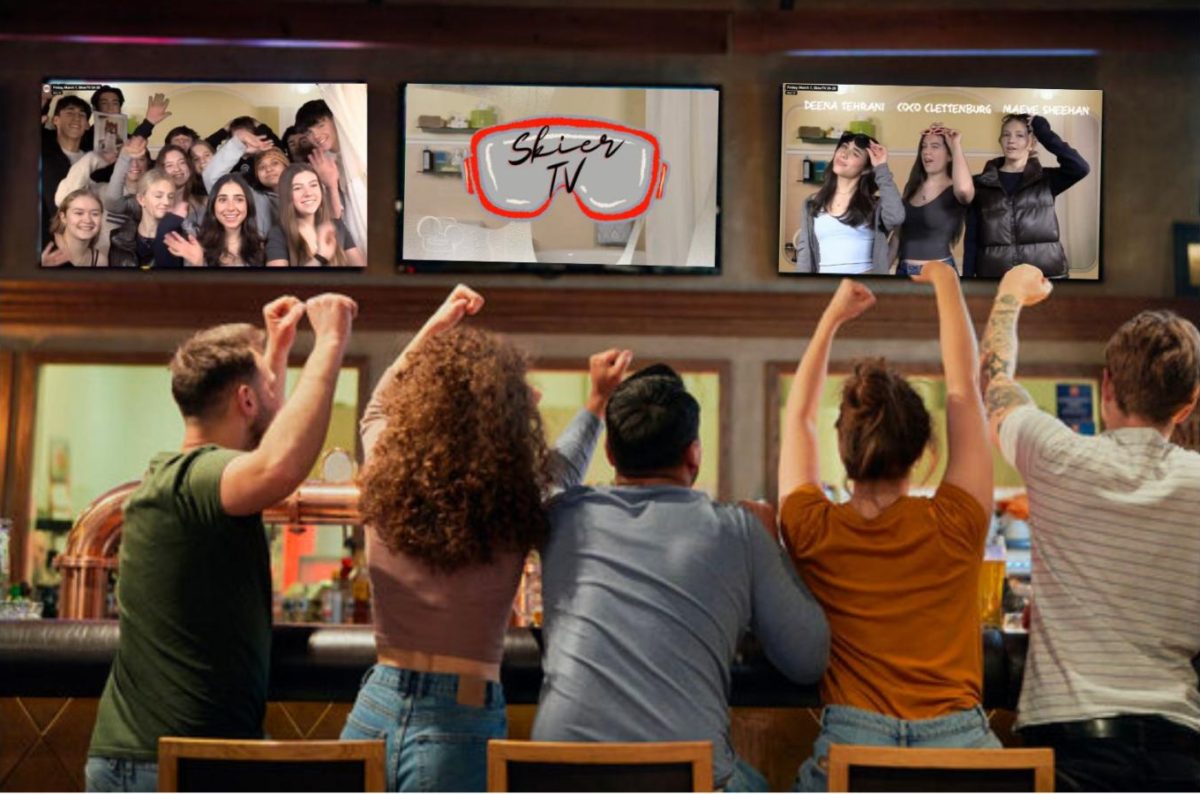



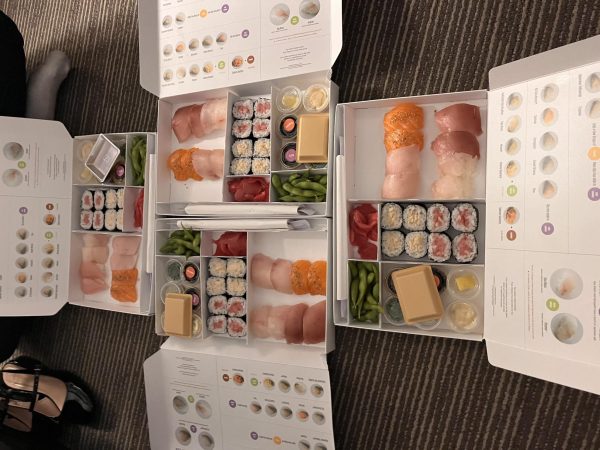


jim ~ Sep 29, 2023 at 11:40 am
If you want to involve all that feels less excluding, make it a choice, it should be country or country club day, adds your personality to it..